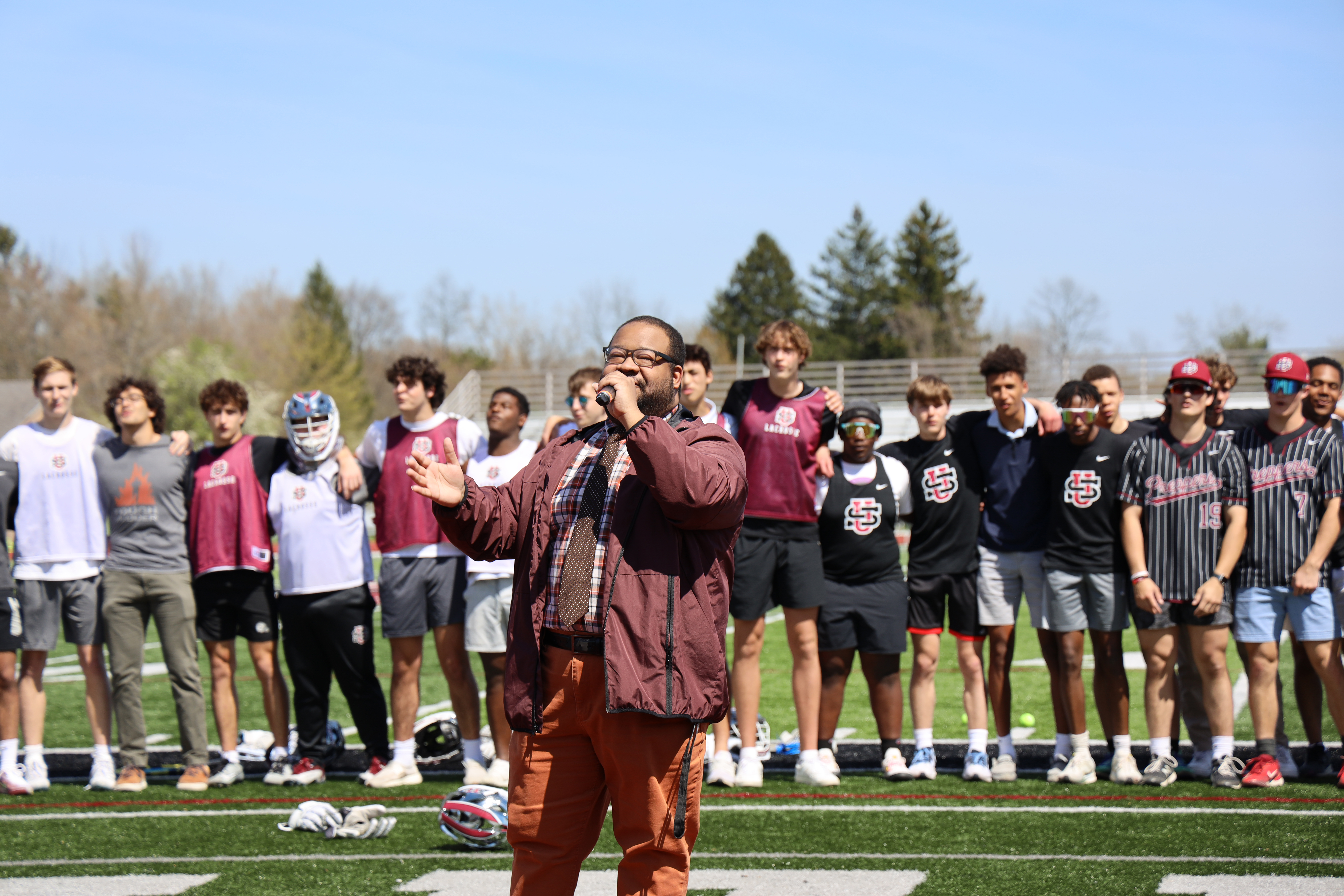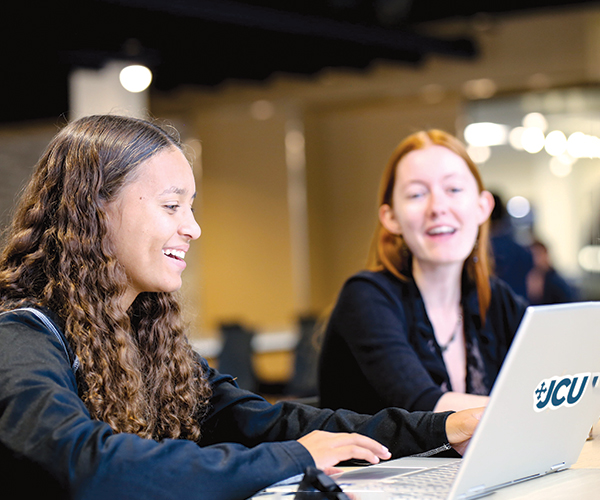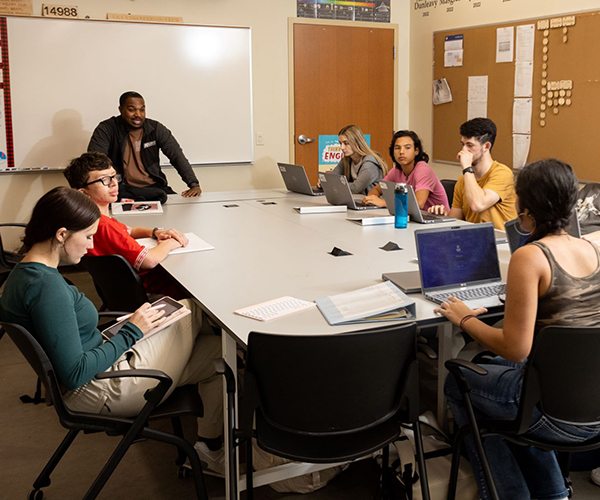When it comes to paying for private school, it's all about strategies.
The price tag may be daunting at first, but don't worry, there are experts out there who specialize in making the numbers smaller and more affordable.
"It's important not to be put off by initial figures and have sticker shock," says Mary Anne Beiting, principal of Archbishop Hoban High School. "Parents should really explore the materials that the school puts together."
Most schools offer several forms of aid, whether merit-based or need-based.
At Beaumont School, admissions director Mary Reilly explains that 40 percent of their students receive some form of aid, whether through one of their 10 academic scholarships, grants or discount packages. Using the Sisters discount, families with more than one student receive $600 off the second child and $900 off a third.
Work-study programs can also help reduce costs. Many schools offer after-school classroom maintenance jobs or lunch-service jobs during school hours. Students can earn up to $600 in tuition reduction.
Be persistent when seeking out answers to your questions. Remember, not all private schools are the same. Each school has its own individual programs and aid packages.
You can also turn to an expert. There's a growing market of financial analysts who specialize in finding the best way to afford private education while also helping you keep your retirement pool from drying up.
"There are tax and investment strategies above and beyond what the industry throws out there as the common solution, and that's why we are experts in this," says Troy Onink, vice president of Harris Insight Funds in Russell, Pa. Onink, a certified college-planning specialist, is a leading speaker on tax and investment strategies for private high school and college. He trains financial advisers across the country to help parents pay for their child's education successfully.
Onink suggests looking into the Coverdell Educational Savings Account, formerly known as an educational IRA. The earnings from the account are not taxed and withdrawals from the account are tax-free when used to pay for educational expenses.
Almost everyone, from financial analysts to school admissions personnel, will tell you that time is money. Start saving early and be prompt when meeting deadlines for scholarships and grants. Missing a deadline for a need-based scholarship can kill chances of paying a significantly lower price if you can't afford the full cost.
"If private education is a priority in the family, you can always find a way to work things out," says Beiting.
Trending
-
1
-
2
-
3
-
4
-
5










